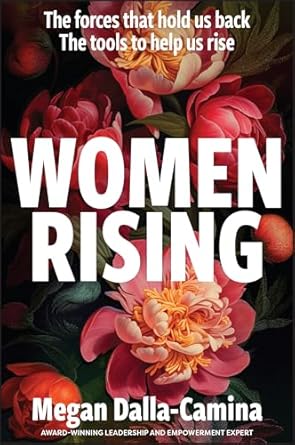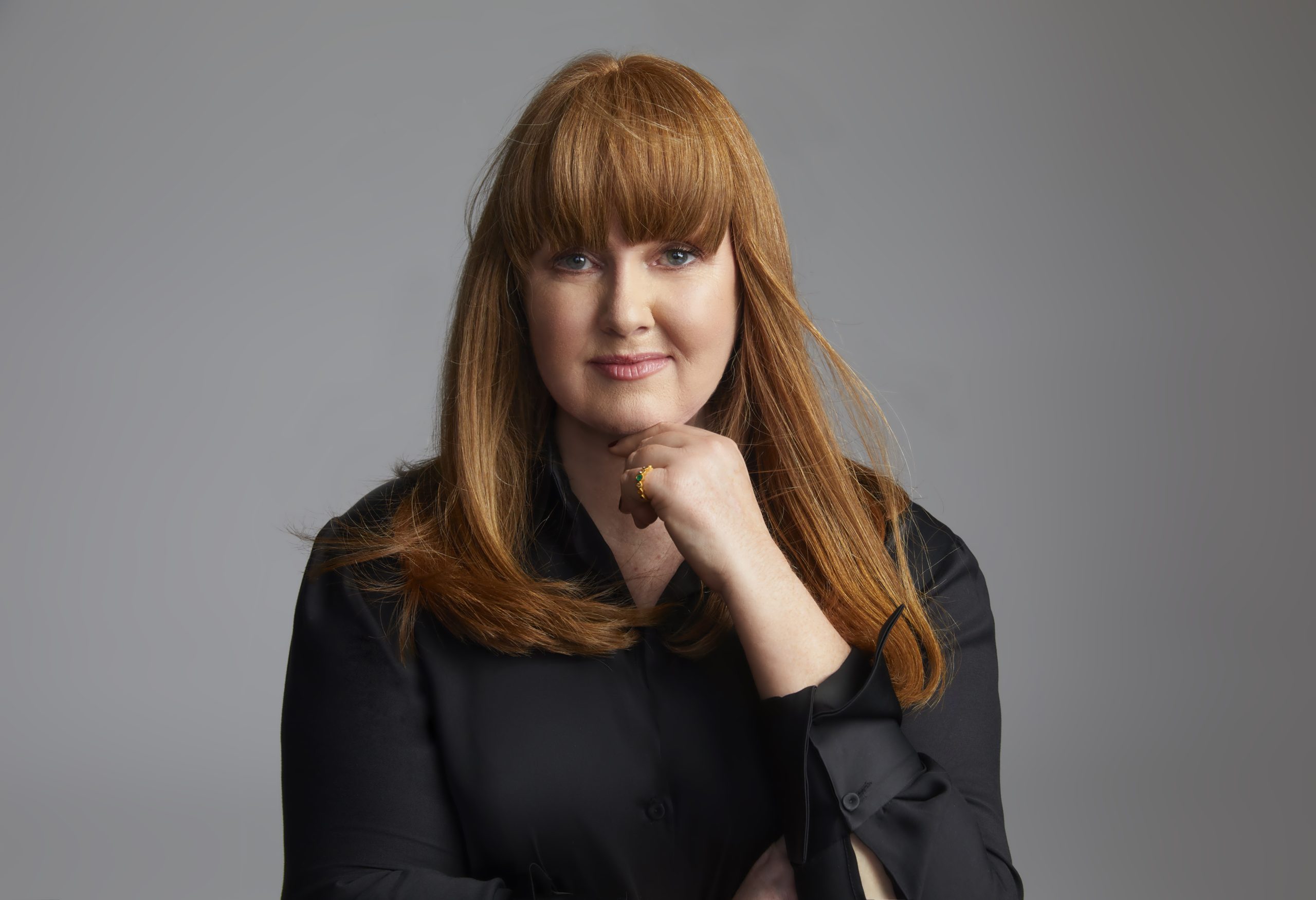The tightrope women walk on while trying to balance their career and personal lives is hardly a secret, although women try to cover it well. But there’s a specific thread that is particularly
challenging. The Motherhood Paradox (the expectation that women work like they don’t have children, while at the same time, parent as though they don’t work outside the home) is a toxic force that keeps women running an endless race they can never finish.

The Motherhood Paradox binds women to impossible standards and lays the groundwork for the endless guilt that working mothers face. When we are at work, we feel guilty for not being
with our kids. When we’re with our kids, we feel guilty that we’re not working and worried that we will fall behind, not meet expectations or fail. And it’s endlessly exhausting, as if working and
mothering together wasn’t exhausting enough on its own, there’s the added guilt and unmet expectations of the patriarchy to worry about.
The Motherhood Paradox imposes competing roles on women, compelling them to oscillate between the ideal worker and the good mother. The ideal worker norm, typically a characteristic
of male-dominated workplaces, requires people to be wholly dedicated to their jobs with little evidence of a life outside of work. Research by Bain & Company showed broad acknowledgement of deeply ingrained perceptions of what an ideal worker looked like. Sixty per cent of men and women named the top two characteristics required for promotion in their companies: maintaining a high profile and an unwavering commitment to long hours and constant work. On the flip side, the good mother narrative insists that women be selfless nurturers, constantly available and putting any and all personal needs behind those of their children.
These contrasting expectations create a zero-sum game for working mothers who strive to meet both standards and ‘have it all’ (as we’ve been taught that we can), leading to conflict, exhaustive guilt and high levels of stress. Either way, women face judgement and criticism for not being present enough at work or for not dedicating enough time to their children. Is it any wonder that women feel that they’re not good enough when they’re endlessly chasing a goal they can never reach.
The narrative of the superwoman forging ahead in her career while effortlessly managing everything at home is a cultural myth spun into the fabric of modern societies. For centuries, women have been expected to neatly compartmentalise their identities into roles that serve the overarching power hierarchy — concurrently and uncomplainingly. The image of the ‘good mother’ is often that of a selfless woman devoted entirely to her children’s and family’s needs and unburdened by the demands of work outside the home. As Sharon Hays pointed out in The Cultural Contradictions of Motherhood, society has constructed an ‘intensive mothering’ ideology that puts enormous pressure on women to meet nearly impossible standards.
And whilst Hays wrote that book in 1996, and you would think we would have moved on from that ideology by now, ask most working mothers and they will almost certainly tell you that move
on we have not. The expectations and standards of motherhood are still impossibly high. Dr Sophie Brock, a motherhood-studies sociologist and host of the podcast The Good Enough
Mother, shared in the BBC’s Family Tree series:
We’re overburdened, overstretched, overworked, carrying the majority of the emotional labour, carrying the majority of the domestic sphere, the pressures of paid work. And
then we’re expected to hold up a mask of, ‘I’ve got this all together. I’m the perfect mother. I’m not struggling.’ When it comes to work, research shows that most workplaces promote a ‘gender-blind’ work ethic, even though they may not realise or admit to it. It’s inherent in systems and culture and the decisions that managers make every day. This ideology assumes that employees can
devote themselves to their work without interruption from personal or family responsibilities, reflecting the historical division of labour in which men worked and women managed the home.
The pandemic made it more obvious that this wasn’t the case. We saw videos go viral of fathers on Zoom calls with their kids walking around in the background and murmurings of, ‘Oh, isn’t
that sweet’ and, ‘Well, isn’t he such a great Dad?’ In stark contrast, when a woman’s behind-the-scenes life was on display, it often garnered thoughts or comments of unprofessionalism
and, ‘She’s distracted and not serious about her work’.
As post-pandemic work-life formed, the old expectations of the ideal worker crept back in with a vengeance — expectations that are fundamentally incompatible with the reality of motherhood
and the obligations it entails.


